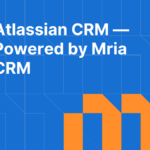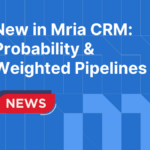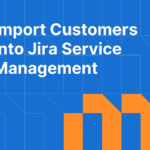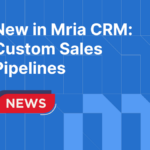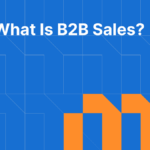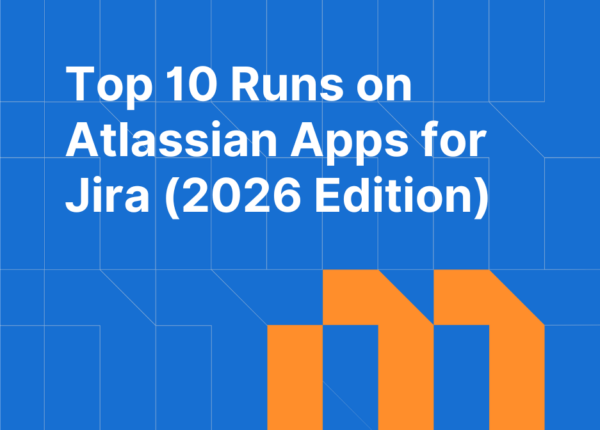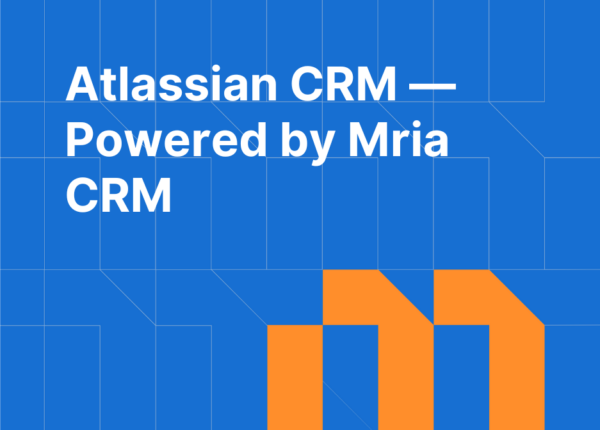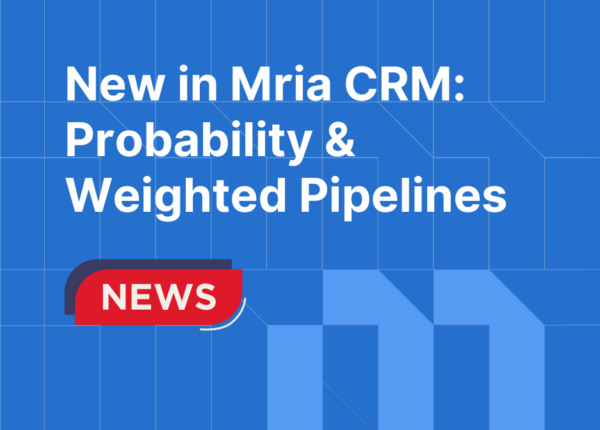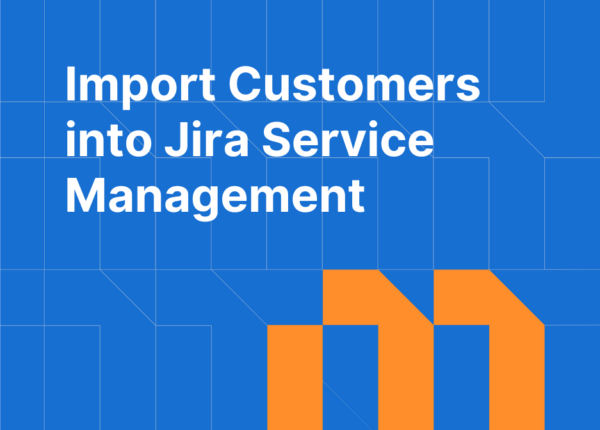A CRM system is more than a customer database. It’s a structured ecosystem of modules and tools that empower sales, marketing, and customer service teams to collaborate, automate, and grow. To build or choose the right system, you must understand the key components of CRM, how they work, and when they are necessary.
This guide provides a comprehensive look at essential CRM system components, from foundational to advanced, along with a universal evaluation checklist to help you assess what your business really needs.
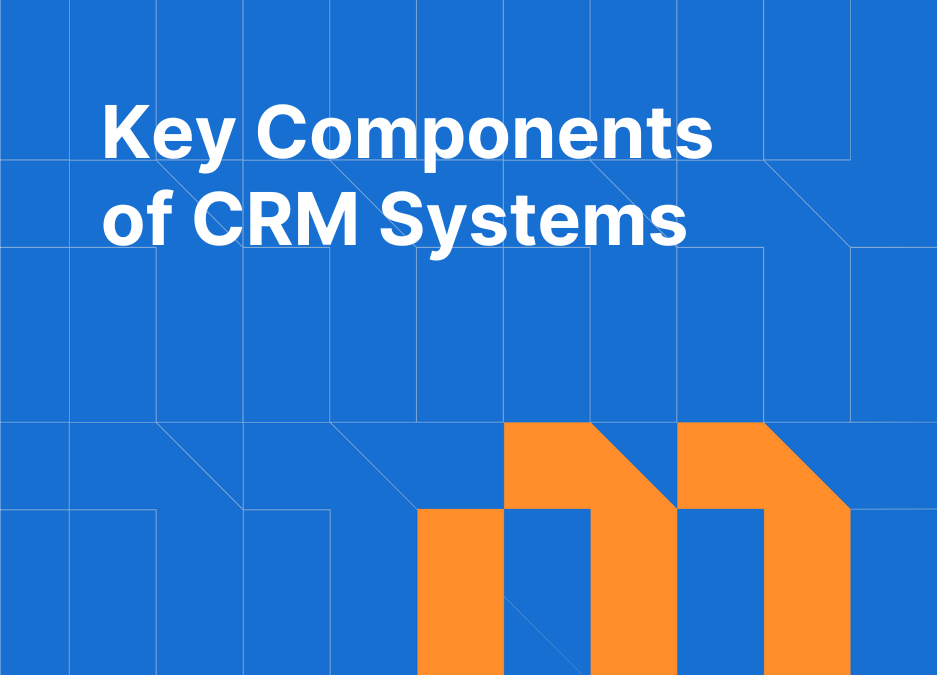
Table of Contents
What Are the Core Components of a CRM System?
These are the foundational CRM components required for almost any business to function effectively. They serve as the structural base of all customer relationship management processes.
1. Contact Management
This is the core of any CRM system. Contact management centralizes customer data, including names, emails, phone numbers, social profiles, preferences, communication history, and behavioral insights.
Advanced CRM support:
- Relationship links between contacts, deals, and companies
- Enrichment from external sources (e.g., LinkedIn or Clearbit)
- Field-level access control for compliance
- Tagging, segmentation, and scoring
2. Deal and Opportunity Management
This component handles the tracking and progression of sales opportunities through customizable pipelines. It enables forecasting, win/loss analysis, and visual management.
Key features include:
- Stage-based pipelines with progression rules
- Forecast fields and probability weighting
- Historical tracking of deal movement
- Multi-contact and company associations
For more on how to structure and optimize pipelines, see this guide on what a sales pipeline is and how to use it effectively.
3. Activity and Task Tracking
All meetings, emails, calls, and internal notes must be logged for team alignment. This module supports accountability and transparency.
Capabilities:
- Logging and syncing communication automatically or manually
- Shared timelines for contacts and deals
- Assignable tasks with due dates and reminders
To explore why unifying CRM and task management matters for cross-functional teams, read this article on CRM and task management integration.
4. Permissions and Access Control
Security and compliance require granular access management. This is critical for growing teams and regulated industries.
Look for:
- Role-based permissions
- Field-level and record-level restrictions
- Audit logs and access trails
If you’re at the stage of selecting a CRM solution, you may also find this guide to choosing a CRM system helpful. It includes a decision framework and checklist that complement the component breakdown in this article.
What Are the Advanced CRM Components?
Advanced CRM software components extend the functionality of core modules and support sales velocity, personalization, automation, and revenue operations.
1. Lead Management
Leads are early-stage contacts not yet qualified. This component captures, scores, and routes them to the right pipeline.
Advanced CRMs offer:
- Customizable lead statuses and conversion workflows
- Automated routing and lead assignment
- Integration with forms, events, and ad platforms
2. Account (Company) Management
In B2B, one contact rarely equals one customer. You need a layer to group multiple stakeholders under one company.
Advanced features include:
- Company hierarchies (parent/subsidiary)
- Roll-up deal and activity tracking
- Health scores and segmentation by account tier
3. Communication and Channel Integration
Beyond logging interactions, advanced CRMs act as communication orchestration platforms, enabling real-time messaging, personalization, and channel coordination.
Key features include:
- Two-way email and SMS integration, with template personalization and tracking
- Click-to-call and VoIP plugins, including call logging, recording, and outcome tracking
- Conversation threading, connecting messages across time and channel under one contact record
This ensures omnichannel continuity and supports high-touch engagement strategies at scale.
4. Analytics and Reporting
CRMs must translate activity and data into actionable insight. Dashboards and reporting allow teams to measure what matters.
Look for:
- Pipeline reports and forecast dashboards
- Conversion and win/loss analysis
- Team performance tracking and goal monitoring
5. Marketing Automation
This module automates marketing workflows, improves lead nurturing, and delivers targeted communications based on behavior.
Key functions:
- Email sequences and campaign automation
- Lead scoring and segmentation rules
- Trigger-based marketing actions
6. Customer Support Modules
CRM systems often integrate with customer service functions to provide a unified view of customer interactions and issues.
Features include:
- Ticketing systems and help desk workflows
- Shared inbox for service teams
- SLA tracking and case history visibility
7. Mobile CRM
Mobile CRM capabilities ensure users can access key information and perform tasks while away from their desk.
Benefits:
- Mobile apps for iOS and Android
- Offline access and syncing
- Mobile-friendly activity logging and notifications
8. AI and Predictive Insights
Modern CRM platforms use machine learning to assist with prioritization, forecasting, and personalized recommendations.
AI-powered tools support:
- Predictive lead and deal scoring
- Sales outcome forecasting
- Next-best-action recommendations
9. Partner Management Module
For businesses that rely on partner or channel sales, this module helps manage partner relationships and performance.
Common features:
- Partner account and contact tracking
- Deal registration and attribution
- Commission structures and enablement tools
For a feature-level view that builds on these component categories, check out the CRM features to look for guide. It breaks down CRM functionality by practical use cases.
Revenue-Focused CRM Components
These components of the CRM process are critical in product-based or service-based businesses that require quoting, product tracking, or billing.
1. Product Catalog Management
Track what you’re selling. The product catalog component stores all product or service information that can be associated with deals.
Useful for:
- SKUs, price lists, and localization
- Associating products with pipeline stages
- Forecasting based on product line
2. CPQ (Configure, Price, Quote)
This module supports accurate quoting and deal structuring. Ideal for complex B2B sales.
Includes:
- Product configuration logic
- Dynamic pricing and discounting
- Approval workflows and quote generation
3. Billing and Invoicing Integration
Connect CRM to your financial operations. Billing integration ensures smooth handoffs from sales to accounting.
Functions:
- Invoice generation from closed deals
- Subscription or recurring billing setup
- Payment tracking and invoice status visibility
CRM Components Evaluation Checklist
Use this checklist to evaluate which CRM system components are essential, which become valuable as you scale, and which are only needed in specific operational models.
Core Components (Universally Required)
| Component | Description | Key Evaluation Question |
|---|---|---|
| Contact Management | Centralized profiles with full interaction history | Does it support 360° views and custom fields? |
| Deal & Opportunity Tracking | Visual pipelines for managing sales cycles | Are pipelines customizable with clear progression logic? |
| Activity & Task Tracking | Logs calls, meetings, emails, and follow-ups | Is activity history unified and visible across the team? |
| Permissions & Access Control | Role-based data visibility and compliance support | Can access be restricted at object, field, or record level? |
Strategic Components (Important in Most Teams)
| Component | Description | Key Evaluation Question |
| Lead Management | Captures, qualifies, and routes early-stage prospects | Can we score, route, and convert leads consistently? |
| Account Management | Groups contacts, deals, and activities under companies | Can we manage multiple contacts per company with visibility? |
| Analytics & Reporting | Tracks performance and provides decision-making insight | Can we customize reports and monitor key KPIs? |
| Communication Tools | Email, calls, and messaging integrations | Are interactions tracked and centralized? |
| Marketing Automation | Automates marketing campaigns and lead nurturing | Can we build automated workflows and trigger actions? |
| Customer Support Modules | Enables help desk, ticketing, and case resolution | Can we manage customer issues within the CRM interface? |
| Mobile CRM | Provides mobile access to CRM data and functionality | Is there a native app with offline access and notifications? |
| AI and Predictive Insights | Enhances sales intelligence and prioritization | Does it include AI tools for scoring and forecasting? |
| Partner Management Module | Manages channel or partner sales relationships | Can we track partner deals, attribution, and commissions? |
Situational Components (Specific to Business Models)
| Component | Description | Key Evaluation Question |
| Product Catalog | Stores and manages sellable products or services | Can it manage SKUs, pricing tiers, and product bundling? |
| CPQ (Quote Generation) | Supports structured quoting and pricing approval flows | Does it support dynamic pricing, approvals, and templates? |
| Billing & Invoicing | Generates invoices and tracks payments | Can invoices be auto-generated and synced to finance tools? |
If you’re mapping out your entire CRM implementation, it’s important to understand how these components align with the full customer relationship management process.
Final Thoughts
The CRM market is full of feature-heavy platforms, but real impact comes from the right architecture, not the biggest checklist. The components outlined in this guide are not just technical capabilities; they define how well your team can manage relationships, drive revenue, and scale sustainably.
If you’re just starting out, focus on the core components of CRM. If you’re scaling, layering in strategic and revenue-focused modules will provide the structure and automation needed to grow without chaos.
Whether you’re building for a lean startup or a global enterprise, the best CRM is the one that matches your process, not the one with the longest feature list.
For teams working in Jira, Mria CRM offers a practical implementation of the CRM system components discussed in this guide. Built natively on Atlassian Forge, it provides contact management, pipeline tracking, communication tools, and advanced modules like lead management, product catalogs directly inside Jira, where your team already works.

